
Agriculture
December 11, 2024
A-Light S
Read SolutionImplemented by
Ambros Huber

Updated on June 22, 2024
·Created on September 14, 2020
Opibus is a service that aims to replace the fossil fuel-powered drive train in vehicles by a fully electric drive train system, turning them into electric vehicles.
Opibus is a service provided to convert vehicles to electric vehicles. This is performed by replacing the full power drive train by an electric drive system. The replacing system consists of three battery boxes and one electric motor.
Target SDGs
SDG 7: Affordable and Clean Energy
Market Suggested Retail Price
$37,000.00
Target Users (Target Impact Group)
Household, Community
Distributors / Implementing Organizations
Opibus LTD
Regions
East Africa
Manufacturing/Building Method
The electric drive trains are assembled and installed in Nairobi, Kenya.
Intellectural Property Type
Copyright
User Provision Model
Users directly send their vehicle to the workshop of Opibus for replacement.
Distributions to Date Status
Plans to begin EV conversion by Q1 2020, no distribution information available
Capacity
5 – 15 passengers
Gear Ratio
Unknown
Maximum load capacity (kg)
Varies, the same as the load capacity of the original vehicle
Design Specifications
The system replacing the traditional drive train consists of 3 battery boxes and one electric motor. The following specifications are available online:
The conversion is done in several steps:
Technical Support
Technical support is ensured through a real-time health monitoring system. A reduced operational downtime is listed in the service agreement. Technical support is provided by Opibus mechanics.
Replacement Components
Components of the electric drive train system are interchangeable.
Lifecycle
Battery packs are the limiting component, they can last around 200,000 km.
Manufacturer Specified Performance Parameters
The total efficiency of the electric motor is 94-96%. Running costs are expected to be reduced by 80%, savings on maintenance are estimated at 8000 USD yearly.
Vetted Performance Status
Prototype Testing is performed by the manufacturer and the Kenyan government. Testing results are not available but there are ongoing discussions to ease the licensing process of the converted vehicles.
Safety
Safety hazards related to lithium batteries are mitigated with compliance with safety regulations.
Complementary Technical Systems
Charging stations with a regular power outlet (3 kW) are needed.
Academic Research and References
None
Compliance with regulations
The converted vehicles are compliant with Kenyan law and regulation, it is also accepted by the NTSA (National Transport and Safety Authority) and the KEBS (Kenya Bureau of Standards).
Evaluation methods
The converted vehicles go through testing and quality control to get approval from the corresponding authority.
Other Information
Video on ongoing discussions to ease the licensing process of the converted vehicles

Agriculture
December 11, 2024
Implemented by
Ambros Huber
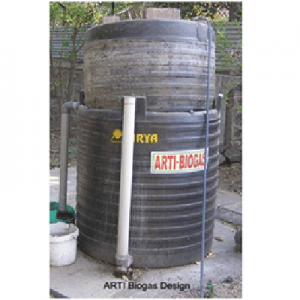
Agriculture
January 28, 2024
Implemented by
Appropriate Rural Technology Institute (ARTI)
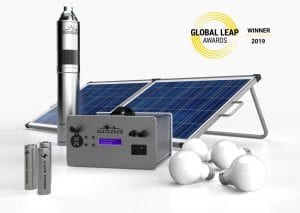
Agriculture
August 21, 2024
Implemented by
SunCulture
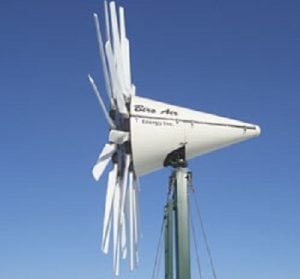
Agriculture
January 22, 2024
Implemented by
Biro Air Energy Inc.
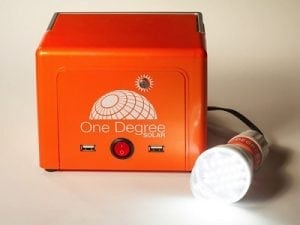
Agriculture
January 28, 2024
Implemented by
One Degree Solar
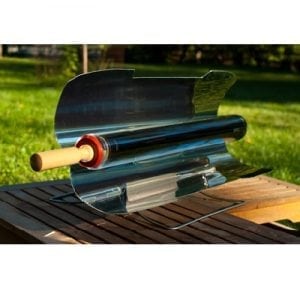
Agriculture
February 3, 2024
Implemented by
GoSun

Agriculture
January 3, 2024
Implemented by
Grundfos
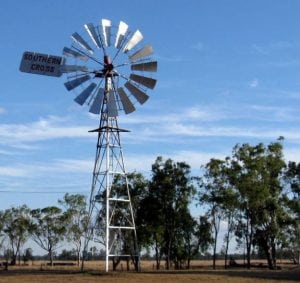
Agriculture
December 26, 2023
Implemented by
SOUTHERN CROSS INDUSTRIES
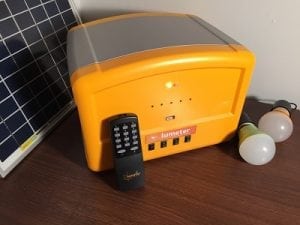
Agriculture
June 22, 2024
Implemented by
Lumeter Networks
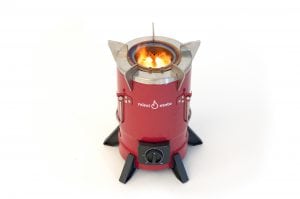
Agriculture
November 30, 2024
Implemented by
Mimi Moto
Have thoughts on how we can improve?
Give Us Feedback